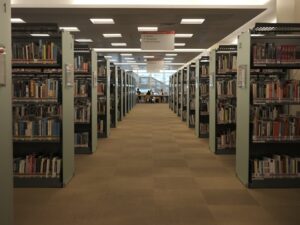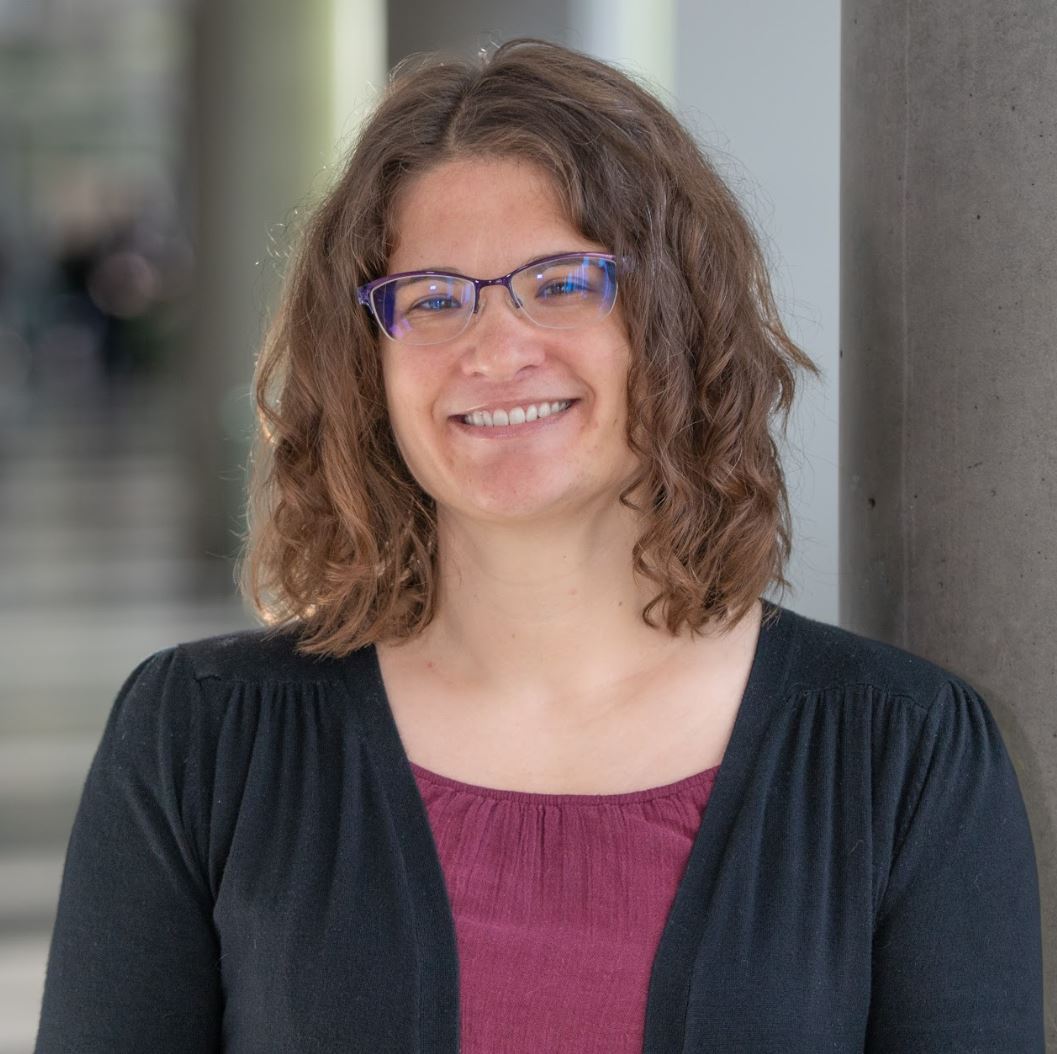Tracing “CanCon” in Library and Information Science Research
Tracing “CanCon” in Library and Information Science Research
Lisa Shamchuk
As a post secondary educator, I often rely on newly published research to keep my teaching relevant and grounded in current thinking. This evidence-based practice approach helps bring fresh ideas into the classroom and ensures students are engaging with content that reflects what is actually happening in the field. For those of us in the field of Library and Information Studies/Science (LIS), staying connected to emerging trends, strategies, and best practices is helpful for our students and library professionals and practitioners alike. However, when I search for Canadian-focused LIS research to include in my teaching, especially content outside of academic library settings, the results often felt a bit… sparse. Likewise, LIS professionals and practitioners may find it challenging to access current research that supports library decision-making, program development, or service evaluation through a distinctly Canadian lens. Public, school, and special libraries did not seem to have the same kind of representation in the research, and it made me wonder: what is the state of Canadian LIS research content?
—What is the state of Canadian LIS research content?—
So, in the spirit of evidence-based practice, I decided to dig into the data myself. I conducted a study analyzing 4,354 articles published across 25 LIS journals from 2015 to 2022. My goal? To get a clearer sense of how Canada shows up in LIS research, both in terms of geographic focus and author affiliation.
 What did I find? Canadian content held a solid position, ranking between second and fourth when it came to both research focus and author affiliation. That said, this visibility was partly shaped by including Canadian-published journals in the sample. Canadian LIS research often appeared in the context of international comparisons, most frequently with the United States, which suggests there is some international interest in what is happening in Canada. Canadian-authored articles typically focused on Canadian libraries, and while the United States still significantly dominates the volume of LIS research overall, CanCon holds its ground, especially in journals published here in Canada.
What did I find? Canadian content held a solid position, ranking between second and fourth when it came to both research focus and author affiliation. That said, this visibility was partly shaped by including Canadian-published journals in the sample. Canadian LIS research often appeared in the context of international comparisons, most frequently with the United States, which suggests there is some international interest in what is happening in Canada. Canadian-authored articles typically focused on Canadian libraries, and while the United States still significantly dominates the volume of LIS research overall, CanCon holds its ground, especially in journals published here in Canada.
There are a few standout journals when it comes to Canadian LIS content. Partnership: The Canadian Journal of Library and Information Practice and Research and the Canadian Journal of Information and Library Science both cover a wide range of library sectors, making them great Canadian focused resources for LIS educators, professionals, and practitioners. Journals like the Journal of the Canadian Health Libraries Association and the Canadian Law Library Review are more specialized but equally valuable. And even journals with a more international focus, like Evidence Based Library and Information Practice and the Journal of Education for Library and Information Science, still feature a decent amount of Canadian research. Additionally, some journals published in the United States (like College & Research Libraries, Public Library Quarterly, and Journal of the Medical Library Association) include a small but notable slice of CanCon.
When it comes to who is writing the research, academic institutions are still leading the charge. That is consistent with earlier studies, and it showed up in my findings as well. Health and law library affiliations were present, likely due to the inclusion of journals focused on those sectors, but authors from public and school libraries were noticeably underrepresented. Topic-wise, academic libraries and broader cross-sector themes (like intellectual freedom or information literacy, for example) were the most common areas of research focus. Public libraries came in at a distant third, and there was only a small amount of Canadian content focused specifically on school libraries. So, while academic environments remain central in Canadian LIS research, other parts of our field are not getting the attention they deserve. This echoes what others have found and highlights the need to bring more LIS professional and practitioner voices into the conversation.
My study offers a snapshot of Canada’s presence in LIS research. We have a strong foundation, especially in Canadian journals, and for LIS educators, professionals, and practitioners looking to ground their work in Canadian content, there are some reliable go-to sources. But it also highlights gaps: the dominance of academic voices and the underrepresentation of certain library sectors like public and school libraries suggest that we need to do more to diversify the Canadian LIS research landscape. As the LIS field continues to evolve, it is worth asking: Whose perspectives are being shared? Whose work is shaping our understanding of LIS? And how can we make space for more voices, especially from those doing valuable work in public and school libraries across Canada?
For more information on this topic, check out the full research article.
Cite this article in APA as: Shamchuk, L. Tracing “CanCon” in library and information science research. (2025, April 28). https://informationmatters.org/2025/04/tracing-cancon-in-library-and-information-science-research/
Author
-

Lisa Shamchuk (BEd, MLIS) is an Assistant Professor for the Library and Information Technology program at MacEwan University in Edmonton, Alberta, Canada and teaches undergraduate courses in areas such as library collection development, reference, public service, and technologies. A former elementary school teacher and academic librarian, she has worked in various school, public, academic and special library environments. Her research interests include library education, professional development, and information literacy, and she regularly participates in Scholarship of Teaching and Learning and interdisciplinary collaboration research endeavours.
View all posts Assistant Professor





